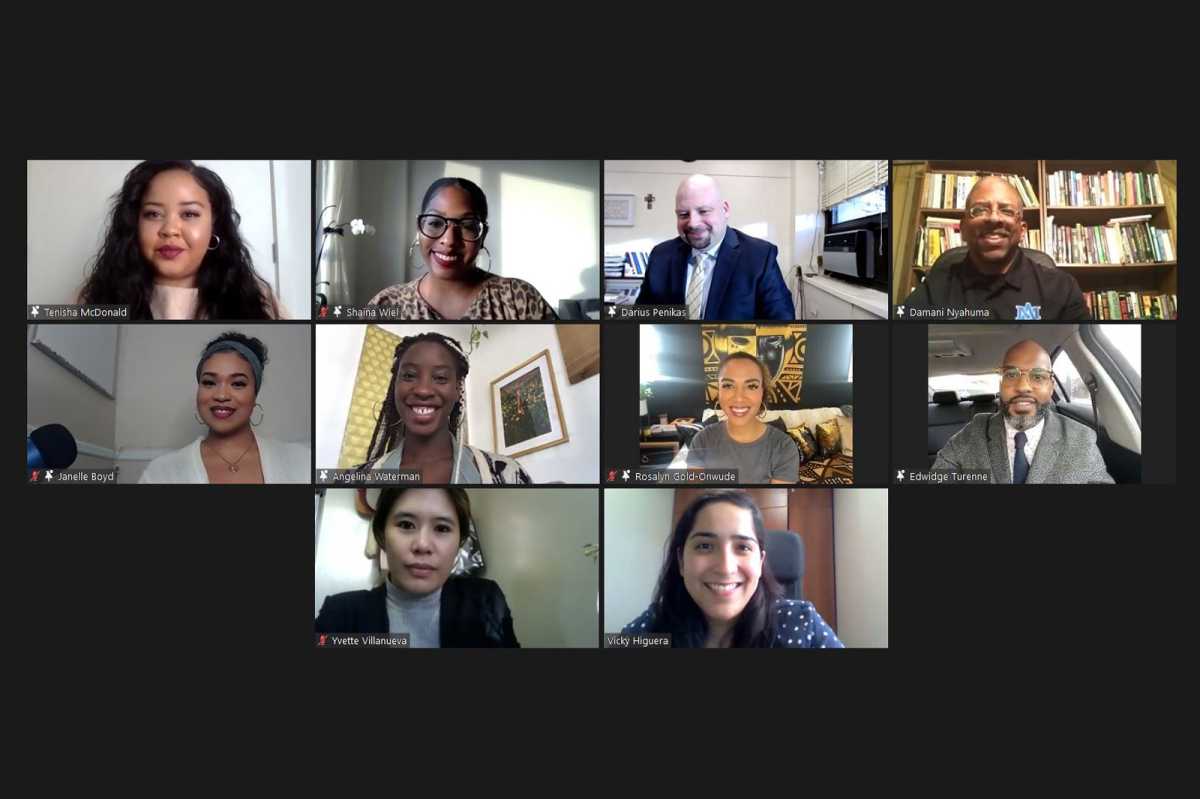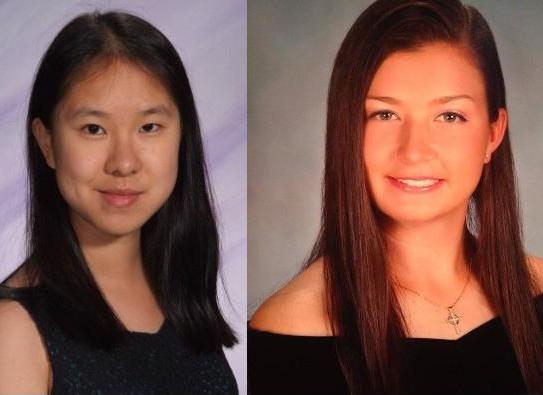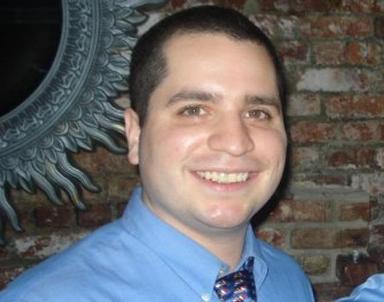In the wake of the Black Lives Matter Movement, Archbishop Molloy High School’s new Diversity and Inclusion Council was established as a response to instances of racial insensitivity and discrimination that have impacted Molloy students in the past, present, inside the school classroom and in society more broadly, according to its mission statement.
The council — consisting of faculty, staff, alumni and parents — was announced in October 2020 serving to create an intellectually diverse, equitable and inclusive community for learning and teaching. The group’s vision is to “create, develop and nurture a more inclusive culture,” thus transforming the experiences of its current students and future students.
In March, the Molloy Diversity and Inclusion Council held its first of many events, The Black Excellence Town Hall, that featured panelists — most of whom are Molloy alumni — leading a conversation about Black identity and professionalism and how they contributed to their successes and the obstacles they overcame to be the person they are today.
According to Tenisha McDonald, chair of the Council for Diversity and Inclusion and a 2007 Molloy alumni, the town hall was a part of a series of culminated events organized by Molloy for Black History Month.
“When it comes to matters of race and African American identity, one thing that the council wanted to do is celebrate that,” said McDonald, who is currently pursuing her Ph.D. at Princeton University. “We were founded after the murder of George Floyd — we emerged out of deeply troubling times in the Black community and community at large, especially since this murder occurred in the middle of a pandemic. There’s a lot of tragedy when it comes to Black history and the discrimination that Black people experience on an everyday basis.”
During the virtual town hall, panelists were asked how race impacted their professional journeys, and the importance of mentorships during the course of their career. Based on their personal experiences, the panelists discussed what resources are needed in Black communities to gain more professional opportunities and what kind of support system should businesses and institutions provide to support Black professionals, according to McDonald.
“We wanted Black students to feel validated. We wanted to validate their experiences because most of the panelists that presented are alumni,” McDonald said. “We wanted to show them that we were in the same position that they are in as Molloy students at one point in time.”
According to McDonald, they wanted to leave students with their own personal roadmaps on how they navigated their career, while also establishing a line of communication for future mentorships in a certain career industry.
As a Black female entrepreneur who founded her own content writing and editing company based in New York City called Writers Ink NYC, McDonald shared her own experiences in her professional life to obtain equal footing for an opportunity.
“Funding the business has been something that’s been really difficult going through venture capitalists and looking for people willing to invest,” McDonald said. “And being the only Black woman in the room and one of few women in the room, I feel like I need to work harder to make my presence and voice heard in that room.”
While the panelists were asked, “What does Black excellence mean to them?” McDonald said it means making the best out of the resources that she’s provided with, and acknowledging the daily obstacles that she faces because of race, choosing to move forward despite that, especially as a Black woman.
For McDonald, it’s extremely important to have representation in professional fields, even more so in leadership positions.
“If you’re an employee, you only have so much power, even if you do have people on the same level as you who look like you,” McDonald said. “What we need is representation specifically in positions of power because that’s where all of the gatekeeping happens, and we need more diversity in those roles. It’s important for students to see people who look like them in those roles.”
Based on a survey, McDonald said Molloy students wanted to see more professional workshops, and it’s something that the council will continue to work on in the future, among other developments.
“It’s been a pleasure putting on this event at Molloy and working with the administration at Molloy and also members of the Council of Diversity and Inclusion,” McDonald said. “Everyone on both ends demonstrated a willingness to go above and beyond to live up to the inclusive culture that we want to see at Molloy, and an event like this wouldn’t be possible if it weren’t for a true collaboration between the school’s administration and council.”
Molloy Principal Dr. Darius Penikas said the town hall was a new kind of conversation and an important milestone for the school.
“This forum provided an important educational opportunity for students, faculty and our broader community,” Penikas said. “Molloy looks forward to offering these types of opportunities in the future.”



































